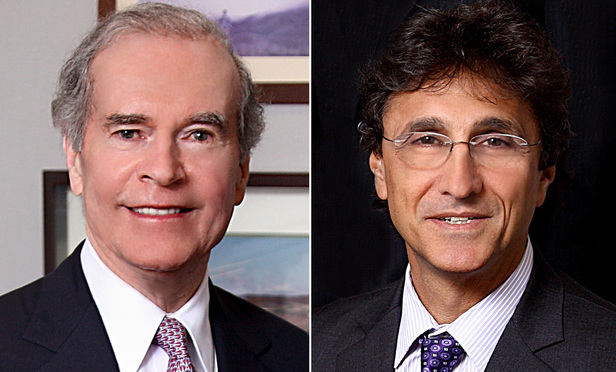Attorneys investigating potential medical malpractice actions are occasionally faced with what appears to be medical records that are missing or have been altered. Although this is by no means the norm, its occurrence is not as infrequent as one might expect. And when it happens, it is often because someone recognized a record that could support a claim of malpractice. There are certainly instances in which such actions result in lawsuits not being brought because the malpractice was effectively concealed. Other times, the evidence from other records or conduct, or from the words of the patient or family members, establishes a claim and exposes the fraud. However, tampering of this nature is never appropriate and must be deterred.
Under Education Law §6530[32], the failure to “maintain a record for each patient which accurately reflects the evaluation and treatment of the patient” constitutes professional misconduct which may give rise to the imposition of an administrative penalty. See, e.g., St. Hill v. New York State Board for Professional Medical Conduct, 166 A.D.3d 1092 (3d Dep’t 2018). However, the limited risk of being caught and subjected to an administrative inquiry does not provide a deterrence commensurate with the potentially severe harm in thwarting a claim of malpractice.


 Thomas A. Moore and Matthew Gaier
Thomas A. Moore and Matthew Gaier




